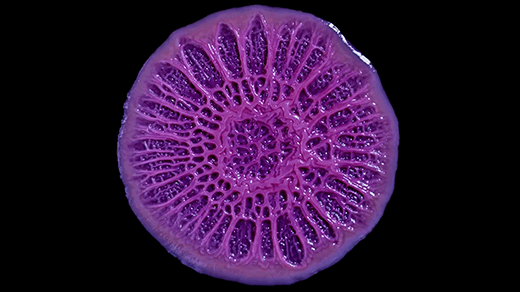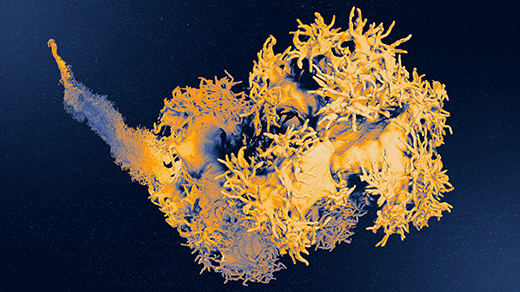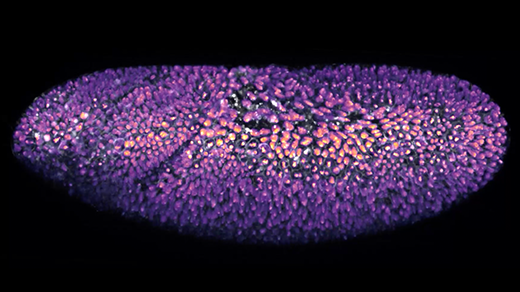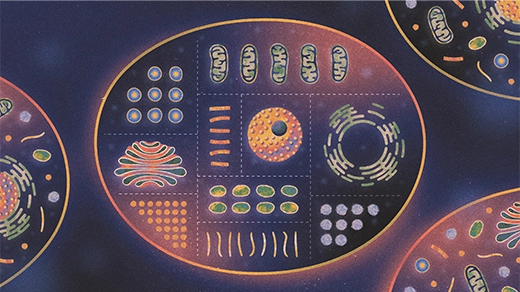What's up in
Cells
Latest Articles
The Molecular Bond That Helps Secure Your Memories
How do memories last a lifetime when the molecules that form them turn over within days, weeks or months? An interaction between two proteins points to a molecular basis for memory.
How a Biofilm’s Strange Shape Emerges From Cellular Geometry
Micro decisions can have macro consequences. A soft matter physicist reveals how interactions within simple cellular collectives can lead to emergent physical traits.
Touch, Our Most Complex Sense, Is a Landscape of Cellular Sensors
Every soft caress of wind, searing burn and seismic rumble is detected by our skin’s tangle of touch sensors. David Ginty has spent his career cataloging the neurons beneath everyday sensations.
How Metabolism Can Shape Cells’ Destinies
A growing body of work suggests that cell metabolism — the chemical reactions that provide energy and building materials — plays a vital, overlooked role in the first steps of life.
Concept Cells Help Your Brain Abstract Information and Build Memories
Individual cells in the brain light up for specific ideas. These concept neurons, once known as “Jennifer Aniston cells,” help us think, imagine and remember episodes from our lives.
The Ocean Teems With Networks of Interconnected Bacteria
Nanotube bridge networks grow between the most abundant photosynthetic bacteria in the oceans, suggesting that the world is far more interconnected than anyone realized.
Scientists Re-Create the Microbial Dance That Sparked Complex Life
Evolution was fueled by endosymbiosis, cellular alliances in which one microbe makes a permanent home inside another. For the first time, biologists made it happen in the lab.
All Life on Earth Today Descended From a Single Cell. Meet LUCA.
The clearest picture yet of our “last universal common ancestor” suggests it was a relatively complex organism living 4.2 billion years ago, a time long considered too harsh for life to flourish.
Meet the Eukaryote, the First Cell to Get Organized
All modern multicellular life — all life that any of us regularly see — is made of cells with a knack for compartmentalization. Recent discoveries are revealing how the first eukaryote got its start.








